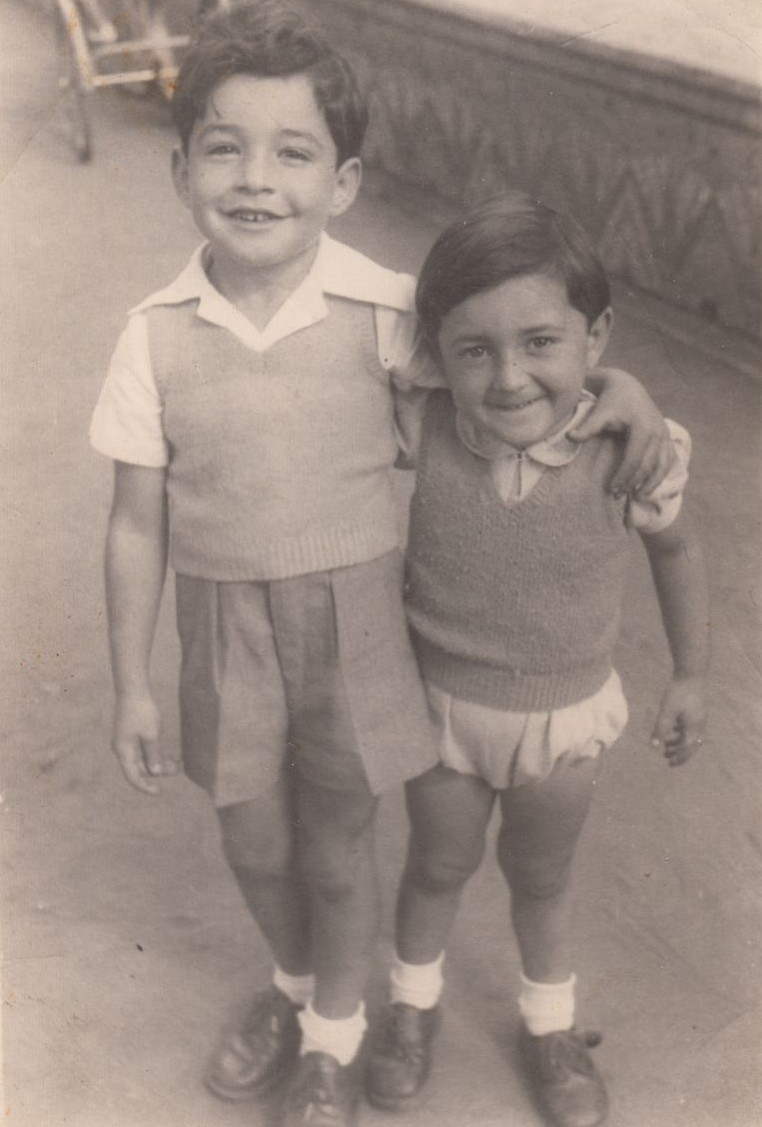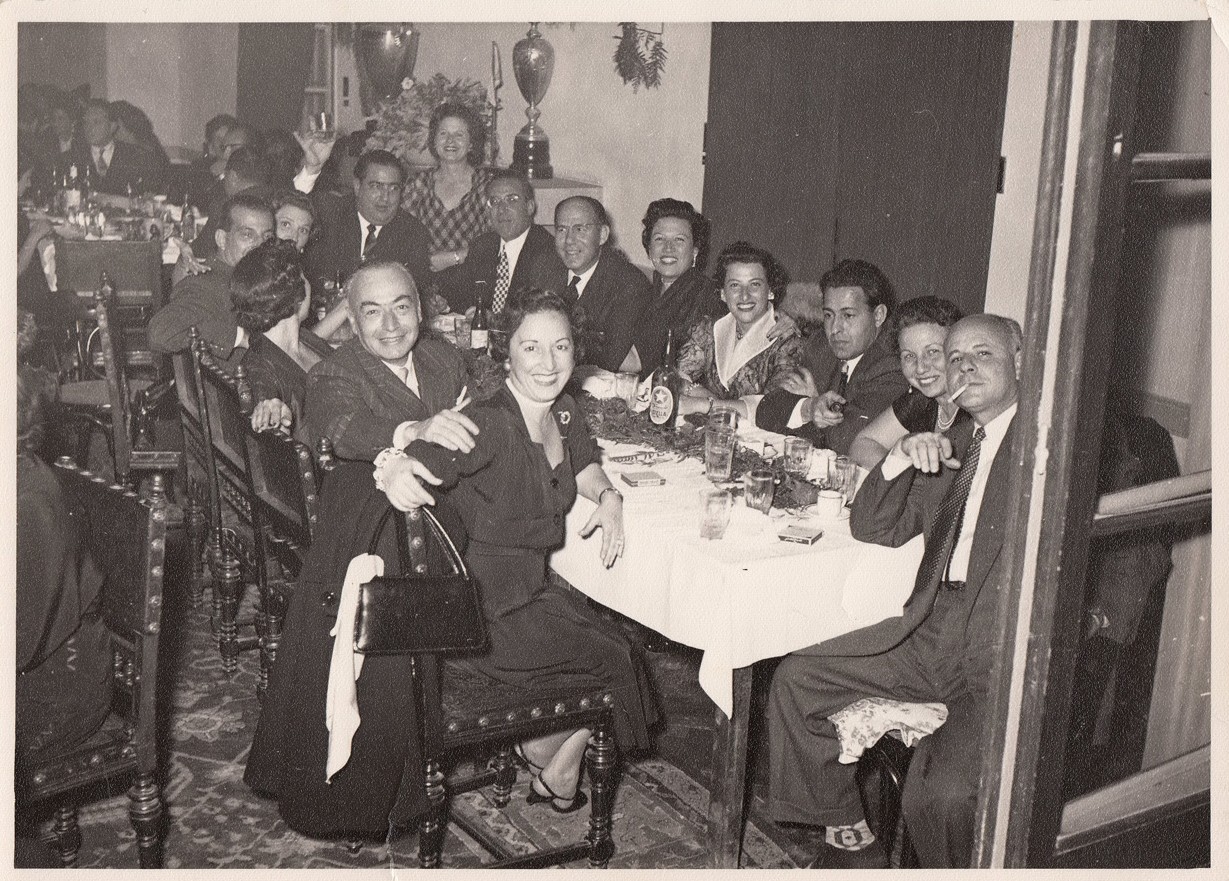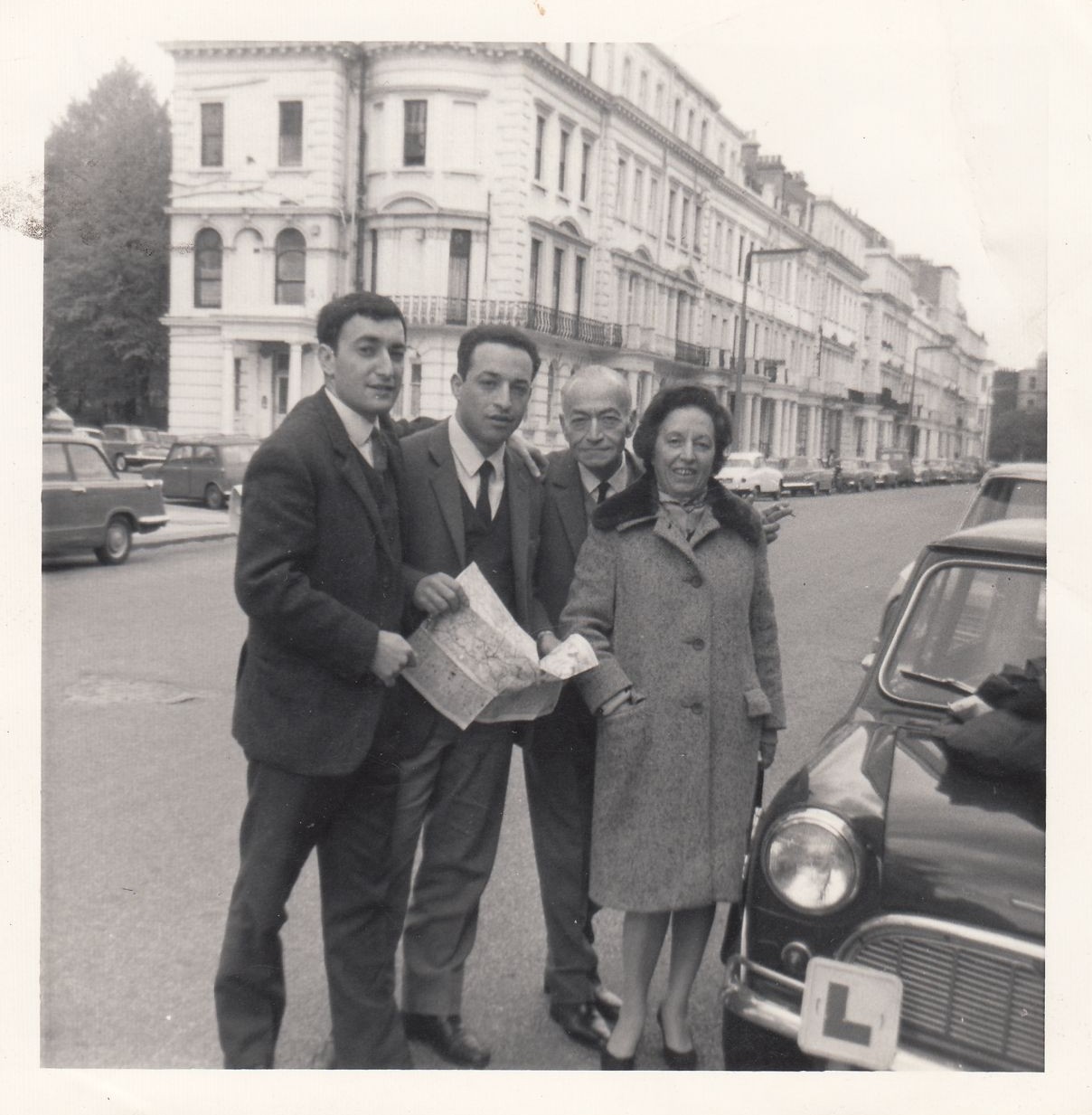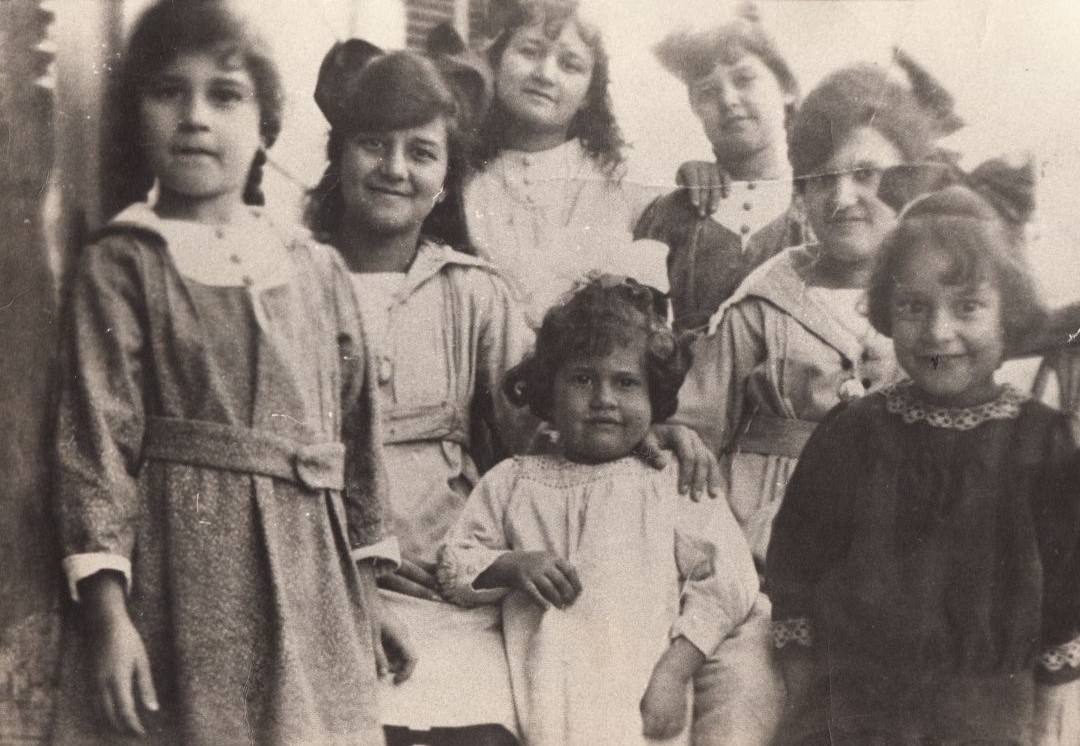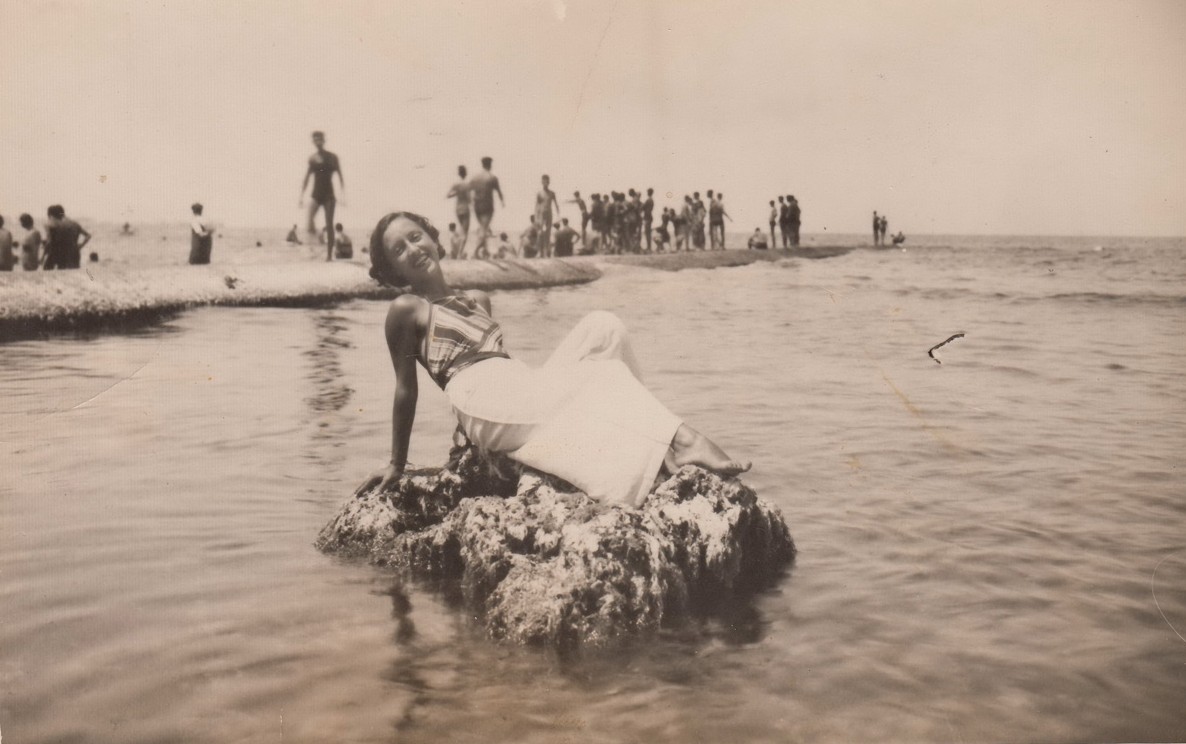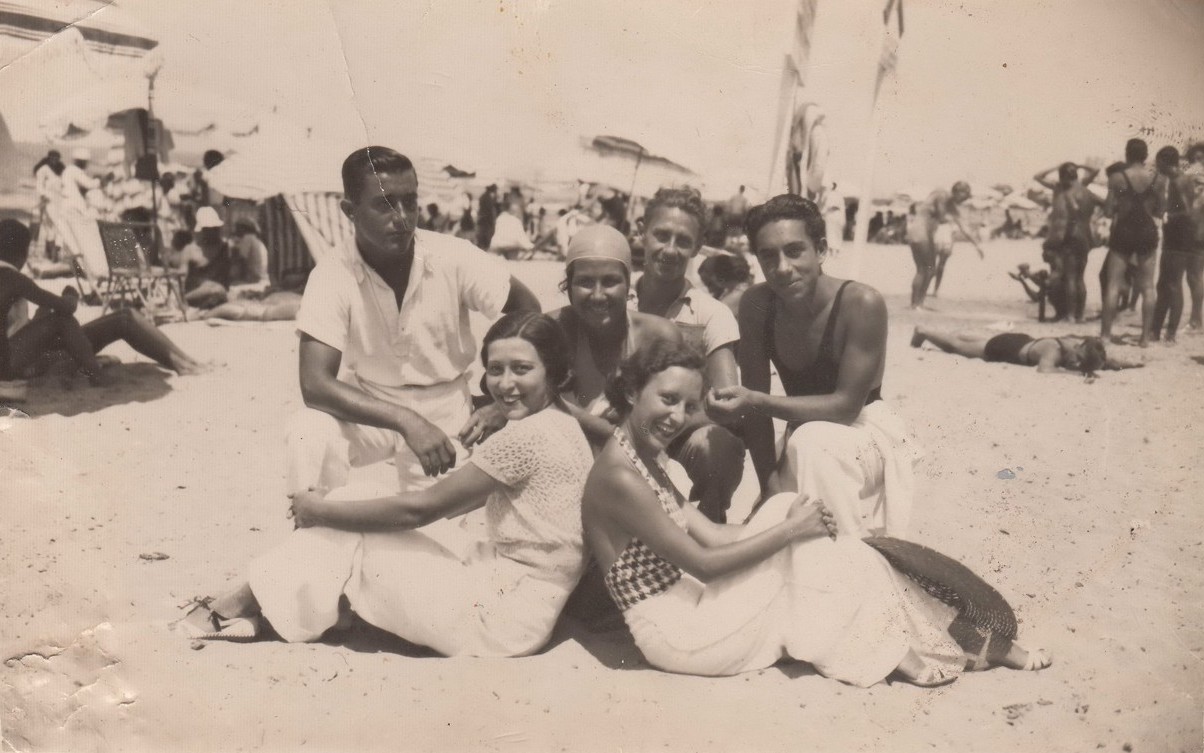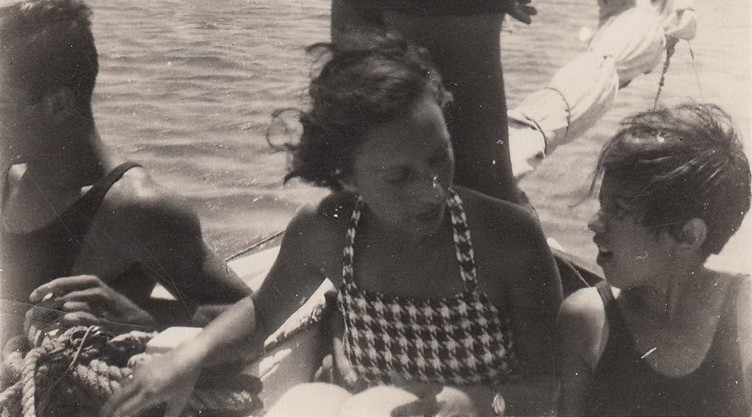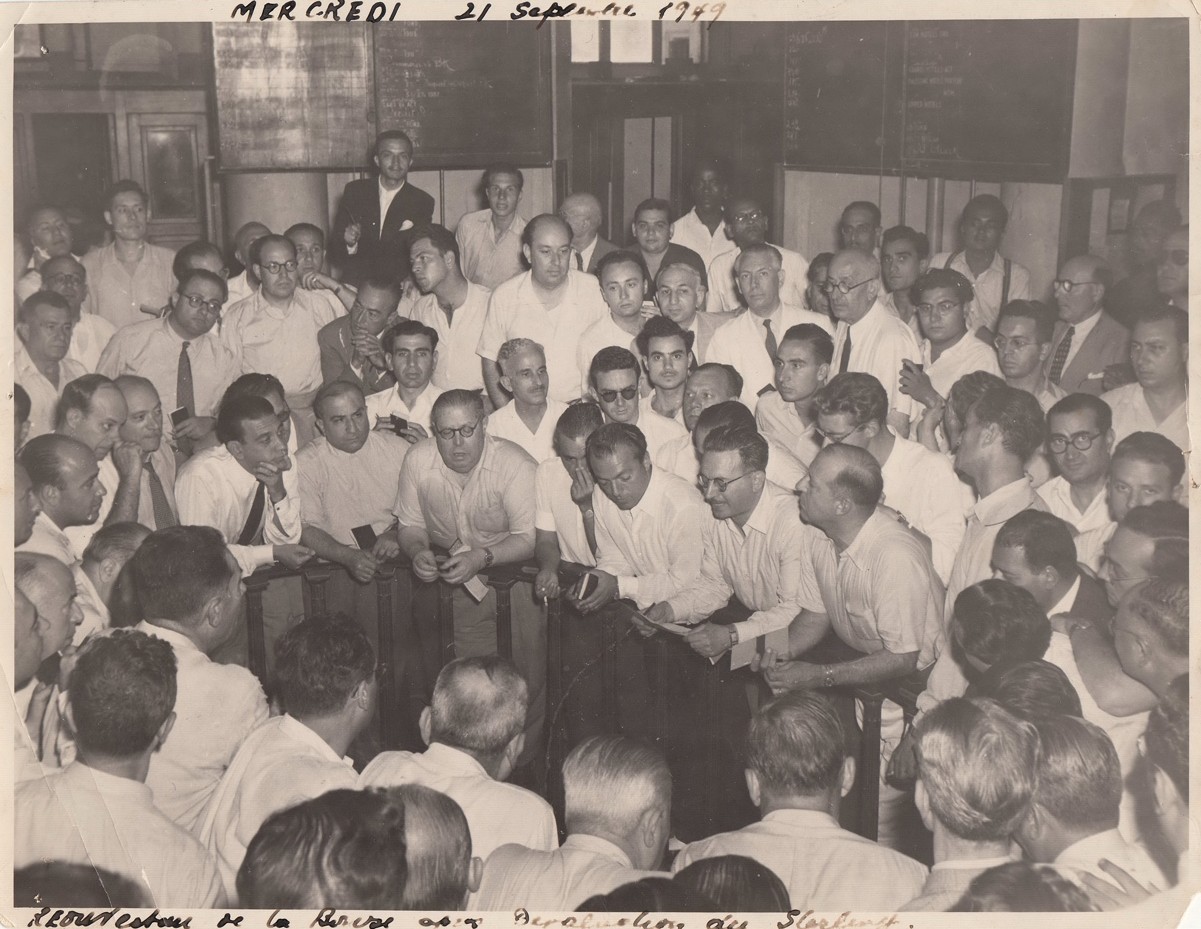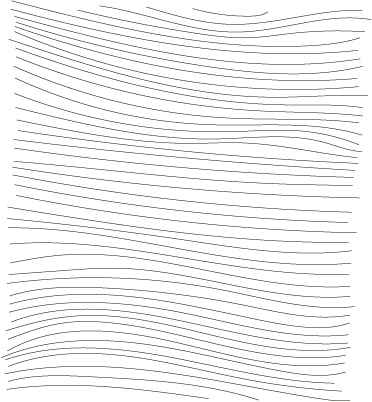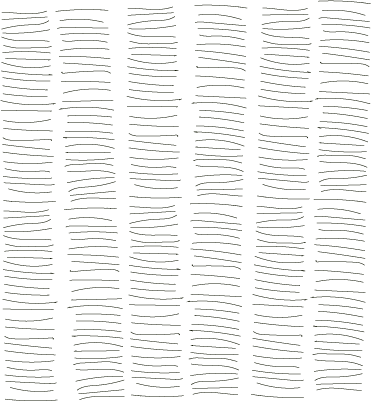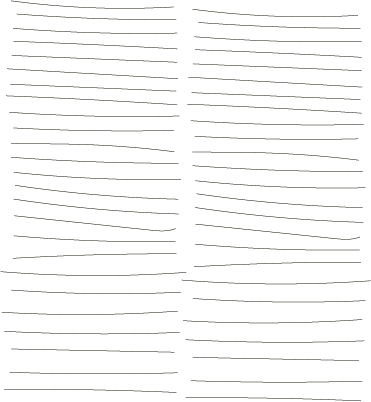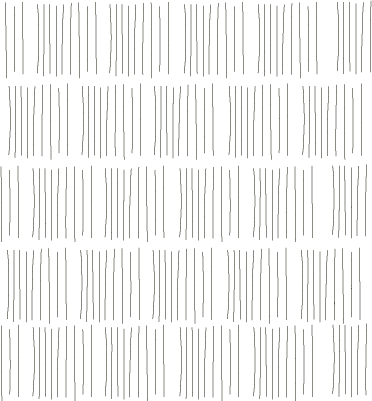Micky Sciama was born in Cairo, Egypt, to Marcelle and Edmond Chamma in 1941. Both of his parents were born in Egypt, but only his maternal grandmother was native to that country; his other grandparents came from Syria, whence they likely emigrated at the end of the nineteenth century, coinciding with the opening of the Suez Canal. For at least three generations, the family had held Italian passports, though it is unclear whether this was through Livornese descent or thanks to the capitulations system.
Micky’s maternal family was large: his mother had six sisters, and he grew up surrounded by aunts, uncles and cousins in a warm and protective environment. With his parents, his sister Eliane, and his brother Moussy, he lived on the second floor of a building near Abdin Palace, the royal residence, in the central district of Bab El-Louk, just steps from the Rue Soliman Pasha. The neighborhood hosted Cairo’s main French and English schools, which were attended by most of the city’s Jews. Like many of his peers, Micky followed a French curriculum, from kindergarten through high school.

Our parents often sent us to Christian religious schools
Transcript
Micky Sciama:
We all lived, let’s say, on the south side of the Nile. Where I lived, there were two very important schools: the Lycée français du Caire and the École des Frères. The neighborhood was called Bab El-Louk. These two schools were attended by my family, and by me personally: I went to the lycée from kindergarten through high school. The lycée was 90% Jewish, and strangely enough, many of our coreligionists also went to the École des Frères, even though it was clearly a Christian school. And that’s something I’ve never quite understood: our parents often sent us to Christian religious schools — to the frères [monks], to the sœurs [nuns], and even to English schools like the English Mission. My wife, for example, studied with Irish nuns, very Catholic indeed. But nobody went to the Jewish school.
Interviewer:
Why not?
Micky Sciama:
Probably because our parents were culturally French, or sometimes English, but mainly French. The trend was to send children to French schools.
Although he often went to the synagogue with his father, religious practice did not translate into deep knowledge of Judaism or strict observance, though the sense of belonging remained strong. Relations with les indigènes—the Arab population—were cordial, but limited to neighborhood interactions and contact with domestic staff. The family’s social life was enriched by city clubs, intergenerational gathering places dedicated to sports and leisure. Micky’s childhood and youth in Egypt was also marked by outings to Heliopolis, where the family could enjoy fetira—a sweet flatbread with fresh cream—and by summer holidays in Ras el-Bar, in the Nile Delta, or in Alexandria.

All the Jews of Egypt belonged to a club
Transcript
Micky Sciama:
Life also revolved around the clubs. All the Jews of Egypt belonged to a club. There were essentially three. There was the famous TTC, the Teufikiyah Tennis Club, located in a neighborhood called En-Baba. Then there was the Gezira Sporting Club, on Gezira Island in Cairo, which was for the more affluent families—if you went to Gezira, you were certainly better off than those at the TTC. And then there was also the Heliopolis Club, where they even had horses. Life at the TTC was very active, very sporty. We played ping pong, tennis, paddleball; it was all very athletic at the club, and of course, parents could also play cards.
Interviewer:
Did girls also go?
Micky Sciama:
To the club? Absolutely. Did we have swimming champions? Definitely yes.
“My life in Egypt was a dream,” recalls Micky. But that dream began to fracture in 1948, following the foundation of the State of Israel: it was in those years that he remembers the emergence of hostility toward Jews, a phenomenon that quickly grew stronger. The Cairo fire of 1952 and the coup d’état that deposed King Faruq marked an escalation. With Nasser’s rise to power and especially after the Suez War of 1956, anti-Israeli propaganda intensified, hostility toward Jews increased, and expulsions of French and British citizens began. It was in this climate that the family started to consider leaving the country.
At first, Micky’s father thought of Brazil, but the plan was soon abandoned. The first to leave was his sister Eliane, who was welcomed in Milan by their maternal aunt Oro, who had already settled in Italy. In 1959, Micky left Egypt to join Eliane, who in the meantime had moved to Bradford, England, after marrying Edwin Fishman. Soon afterward, Micky’s younger brother Moussy also moved to England, and together the two brothers settled in London to continue their studies. Their parents finally emigrated to Milan in 1962.
After graduating in engineering, Micky joined his family in Milan in 1966. There, he met Viviene, who became his wife and with whom he had two daughters, Stefania and Dalia. In Milan, Micky rediscovered his Jewish identity, especially when his daughters began attending the Jewish school. This brought him closer to community life, and he served as secretary of the Jewish community for thirteen years.

Italy definitely transformed me, religiously speaking
Transcript
Micky Sciama:
Well, it’s certainly a beautiful country, and I’m glad I chose Italy as my place of residence. Italy definitely transformed me, religiously speaking, thanks to the Jewish school. I must say that until my daughter Stefania went to the Jewish school, my life had been a very secular one. All my friends were colleagues from the office; I didn’t socialize with Jews, I wasn’t a member of the Milan community, I didn’t keep kosher—I was really very distant from Judaism.

